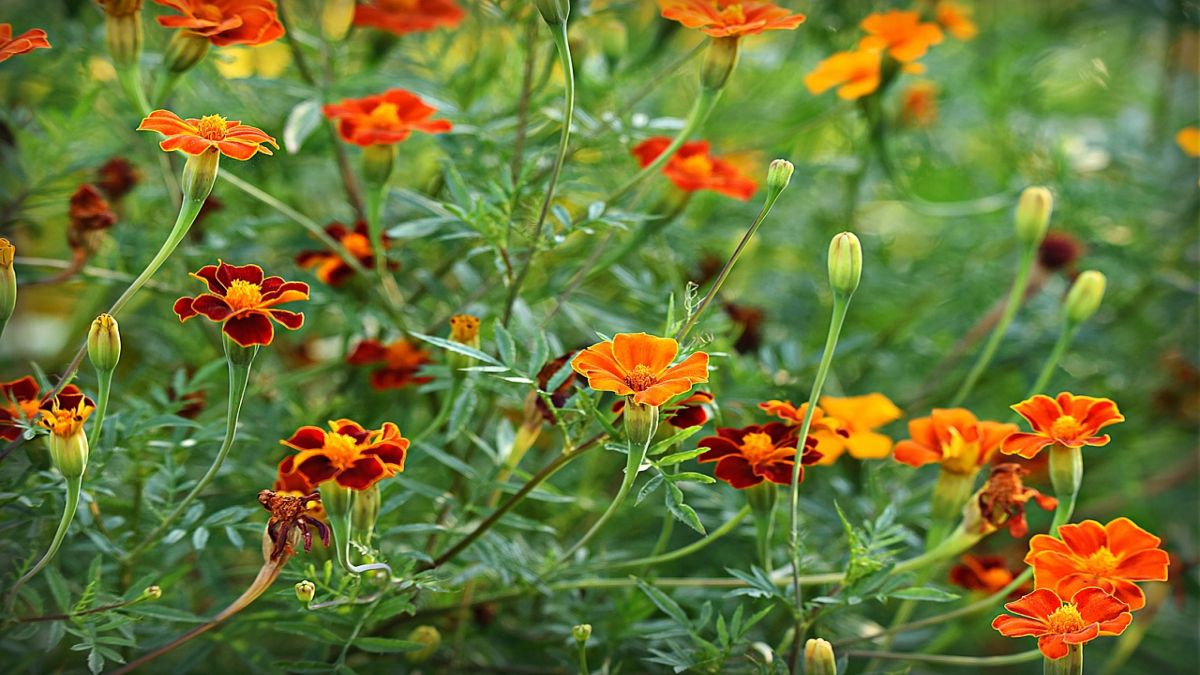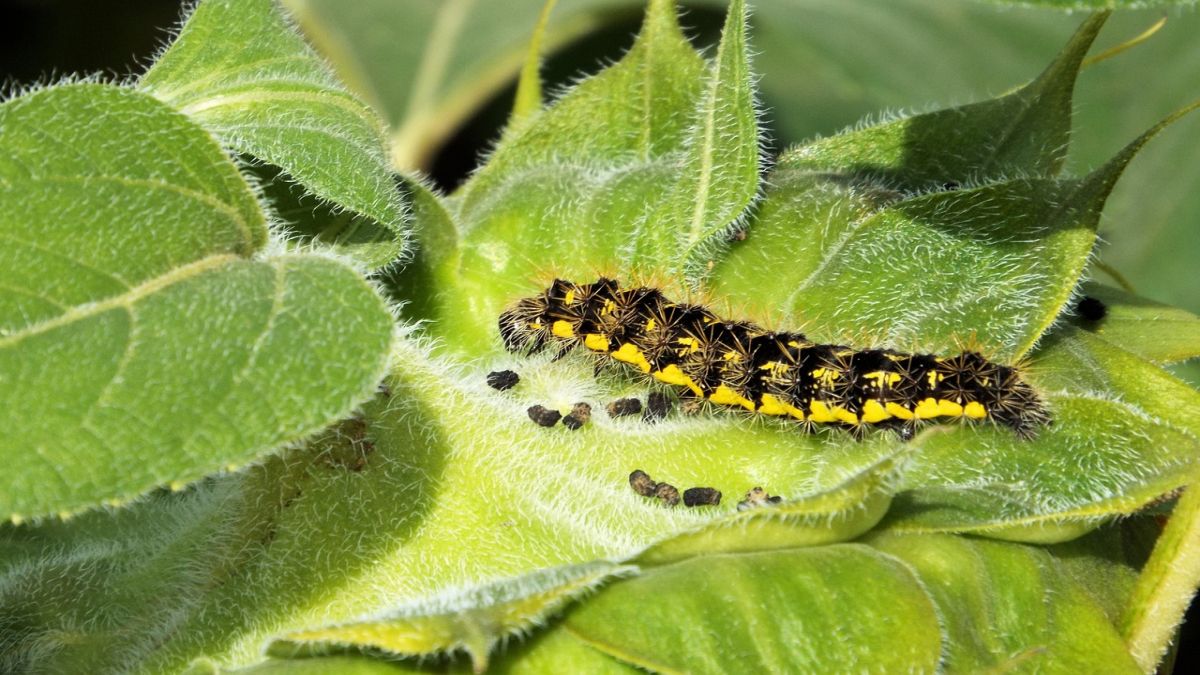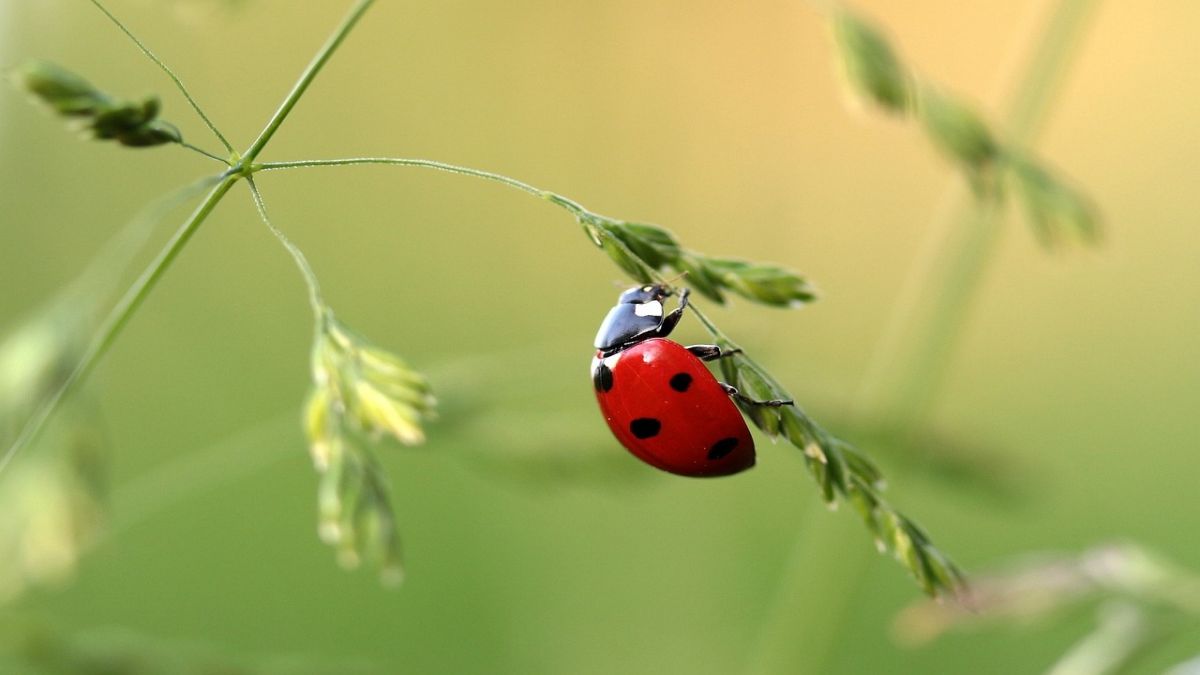How to Get Free Units in Marvel Contest of Champions?
How to Get Free Coins on Habbo Hotel?
How to Get More RP in League of Legends (LOL)
Weighing the Pros and Cons: Using a Personal Loan to Tackle Credit Card Debt.
Seven Predictions on Global Mobile Games in 2021 (Ⅱ)
Among Us!: Global Downloads Exceeded 200 Million
Hey there, fellow organic gardener! Have you ever wondered about the incredible power of biological control in our gardens?
I know I have, and let me tell you, it's a game-changer when it comes to managing pests and diseases naturally.
Imagine a world where we can keep our gardens thriving without relying on harsh chemicals - that's the beauty of biological control.
So, what exactly is biological control? It's the use of living organisms, like beneficial insects, microorganisms, or even plants, to control pests and diseases in our gardens.
This approach is not only effective but also super eco-friendly, as it reduces our reliance on those harsh chemical pesticides. It's like having a secret army of natural allies working tirelessly to keep our plants healthy and happy.
One of my favorite examples of biological control is the mighty ladybug. These little red beetles are natural predators of aphids, whiteflies, and other soft-bodied insects that can wreak havoc in our gardens.
By releasing ladybugs in your garden, you're providing a natural form of pest control that's both effective and easy on the environment.
In fact, a recent study found that ladybugs can reduce aphid populations by up to 90% in just a few days! It's like having a built-in pest control system that's as cute as it is effective.
But ladybugs are just the tip of the iceberg when it comes to biological control. Another super cool method is using parasitic wasps, like Trichogramma. These tiny wasps lay their eggs inside the eggs of pests like caterpillars and flies.

When the wasp larvae hatch, they feed on the pest eggs, preventing them from hatching and reducing the pest population.
This approach has been particularly successful in controlling pests like the codling moth, which can be a real pain for apple growers. It's like having a secret weapon against those pesky pests that try to ruin our hard work.
Microorganisms also play a crucial role in biological control. Beneficial bacteria like Bacillus thuringiensis (Bt) produce toxins that kill certain pests, making them an effective natural pesticide.
Bt is commonly used to control caterpillars, mosquitoes, and flies. A recent study found that Bt can reduce caterpillar populations by up to 95%! It's like having a natural pest control that's as effective as it is safe for the environment.
But biological control isn't just limited to insects and microorganisms. Plants themselves can be used to repel pests and attract beneficial insects.
For example, planting marigolds alongside your tomatoes can deter nematodes, while basil repels aphids and attracts pollinators.
This approach is often called "companion planting," and it's a simple yet powerful way to promote a balanced ecosystem in your garden. It's like having a natural pest control system that's as beautiful as it is effective.
One of the most exciting developments in biological control is the use of beneficial nematodes. These microscopic worms attack and kill pests like grubs and caterpillars, making them an effective natural control for lawn pests and garden pests.
A recent study found that beneficial nematodes can reduce grub populations by up to 80%! It's like having a secret weapon against those pesky pests that try to ruin our lawns and gardens.

So, how can you incorporate biological control into your organic gardening practice?
Here are a few tips to get you started:
1.Attract Beneficial Birds and Predators: Encourage the presence of birds, lizards, and other predatory animals in your garden by providing food, water, and shelter. Things like bird feeders, birdbaths, and dense plantings can help attract these natural pest controllers.
2.Utilize Insect Hotels and Habitats: Create designated areas in your garden with piles of logs, rocks, and other natural materials to provide shelter and breeding grounds for beneficial insects like lacewings, ground beetles, and spiders.
3."Banker Plants" to Support Beneficial Insects: Grow specific "banker plants" that provide nectar, pollen, and shelter for natural enemies of garden pests. Examples include yarrow, dill, and sweet alyssum.
4.Monitor and Maintain Pest Populations: Regularly inspect your plants and keep an eye on pest levels. Intervene early with biological controls before infestations get out of hand. This helps maintain the delicate balance of your garden ecosystem.

I know it might seem a bit daunting at first, but trust me, once you start incorporating these biological control methods into your gardening routine, you'll be amazed at the results.
Your plants will be healthier, your soil will be happier, and you'll be doing your part to create a more sustainable, eco-friendly garden. It's like having a secret superpower that keeps your garden thriving without harming the environment.
So, what are you waiting for? Let's dive into the world of biological control and take our organic gardening to the next level!
With a little bit of knowledge and a lot of enthusiasm, we can create gardens that are not only beautiful but also in perfect harmony with nature. Happy gardening, my friend! Let's show those pests who's boss, the natural way.